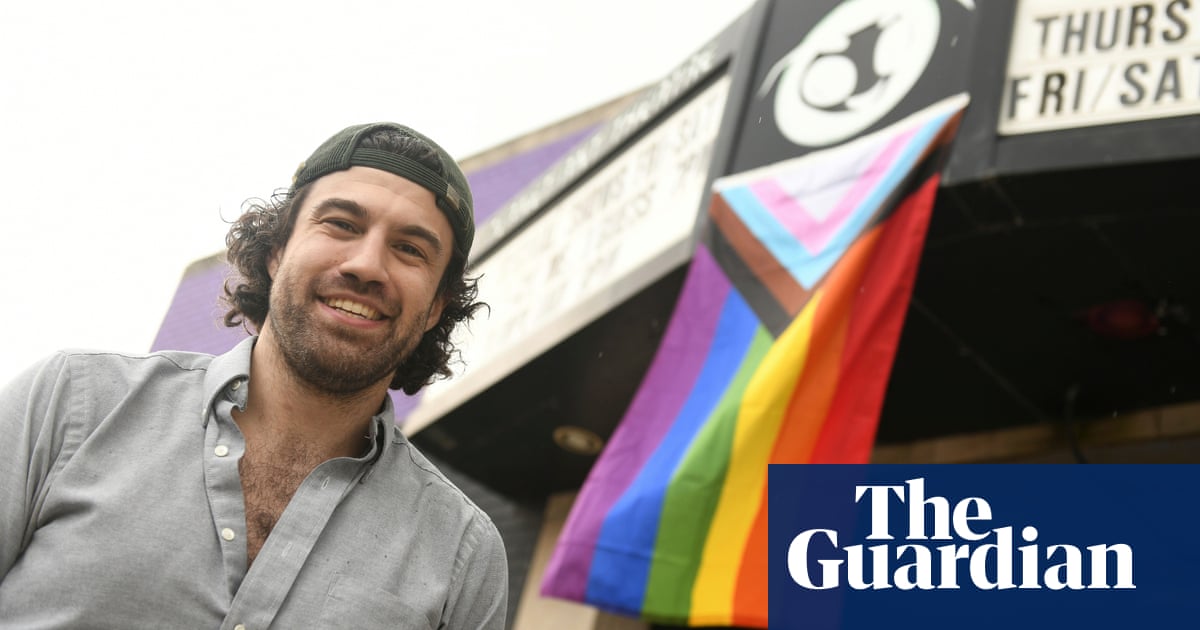In 2015, many liberal residents in Hamtramck, Michigan, celebrated as their city became the first in the United States to elect a Muslim-majority city council. They viewed the power shift and diversity as a meaningful rebuke of the Islamophobic rhetoric of then Republican presidential candidate Donald Trump’s campaign. This week many of those same residents watched in dismay as a now fully Muslim and socially conservative city council passed legislation banning Pride flags from being flown on city property that had – like many others being flown around the country – been intended to celebrate the LGBTQ+ community.



I meannnnn…I’m an atheist, but how is this any better or more productive than a religious person saying never to trust one of us?
It’s not, confrontational comments like that come from a place of pain. When you see smug assholery about religion and coming from an American, 99% of the time it’s coming from someone who got treated like shit by their evangelical parents. Comments like the one you responding to aren’t really an expression of opinion; if you could translate it into its most basic form, all it actually says is “fuck you, dad”.
I was once a fundamentalist Christian. After a long and difficult process I deconverted and became a very vocal atheist. One of the “all religion is horrible” types. But at some point I realized that I had never abandoned my fundamentalism. I had only changed the flavor of it from religious to nonreligious. I still dealt in extreme beliefs with very little room for questioning and nuance.
It was when I introduced that nuance into my thought process that my worldview genuinely changed. I’ve come to understand that most lines you can divide people on will have well intentioned people and sinister people on both sides. I have met so many delightfully kind and welcoming religious people in addition to all the terrible ones I’ve known. They’re generally in different circles, but not always. It does us a mental disservice to think in such black and white ways.
The same can be applied to arguments. It is possible for two sides of an argument to have genuinely good points. It’s possible for an argument to not have a “good” side. And of course it’s possible for an argument to have a completely good side or a completely bad side. The point there is that I think we should think critically and dissect arguments and look for good faith arguments and bad faith arguments. We should understand that things aren’t always going to be easy to make decisions on and that’s okay. It’s okay to struggle with an issue and admit that you don’t have an answer to every question.
Religion is a great example. Nobody can prove something that isn’t provable. You can think that religion is sinister for that reason, but I think that does a disservice to religious people. I don’t believe in God. I don’t think I’m ever going to be able to believe in God if I’m being honest with myself. But I haven’t forgotten what it was like to believe and I don’t blame people for finding comfort in it. Who can blame people for searching for a little bit of hope? I don’t think it matters to many religious people whether they can prove their beliefs in God because for them it’s not really about believing in the “objective truth” but rather clinging to hope for a bright future in a very dark world. And those hopes don’t need to be attached to bigotry like so many religious people have unfortunately done.